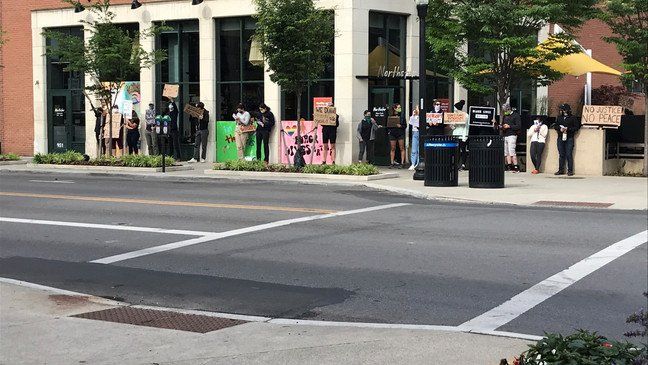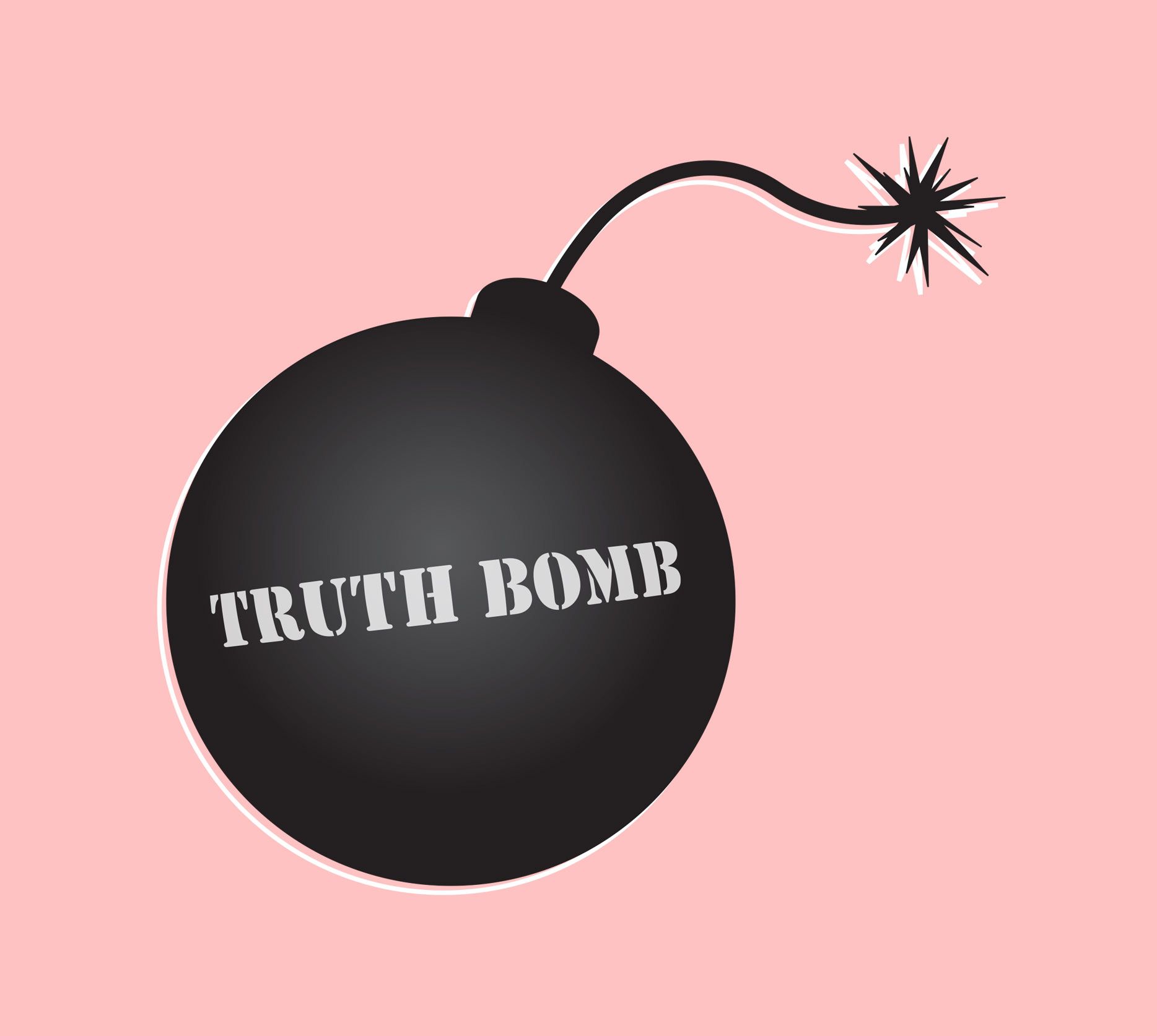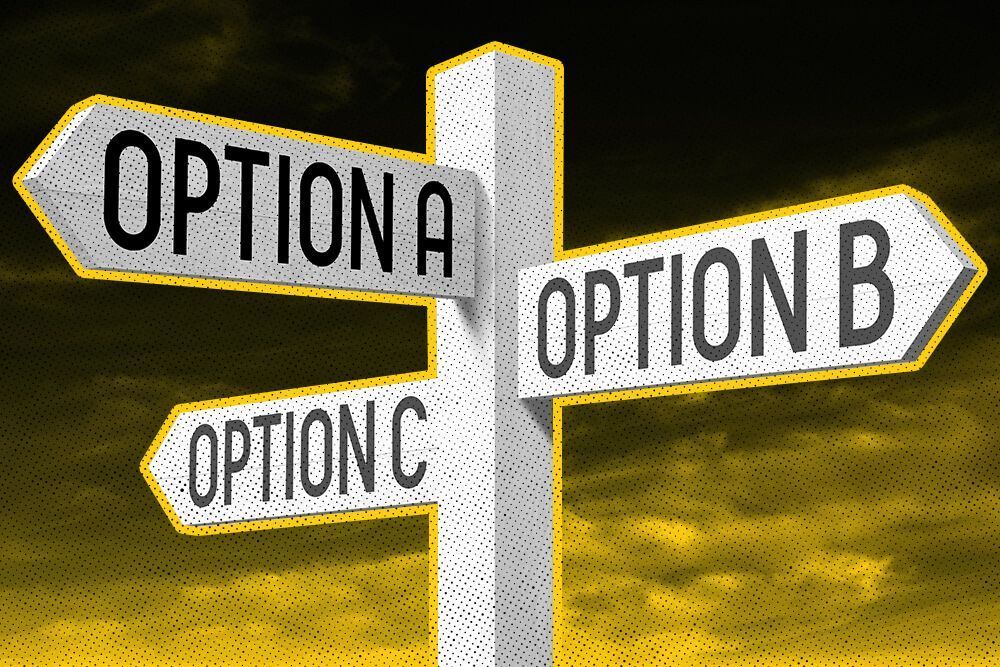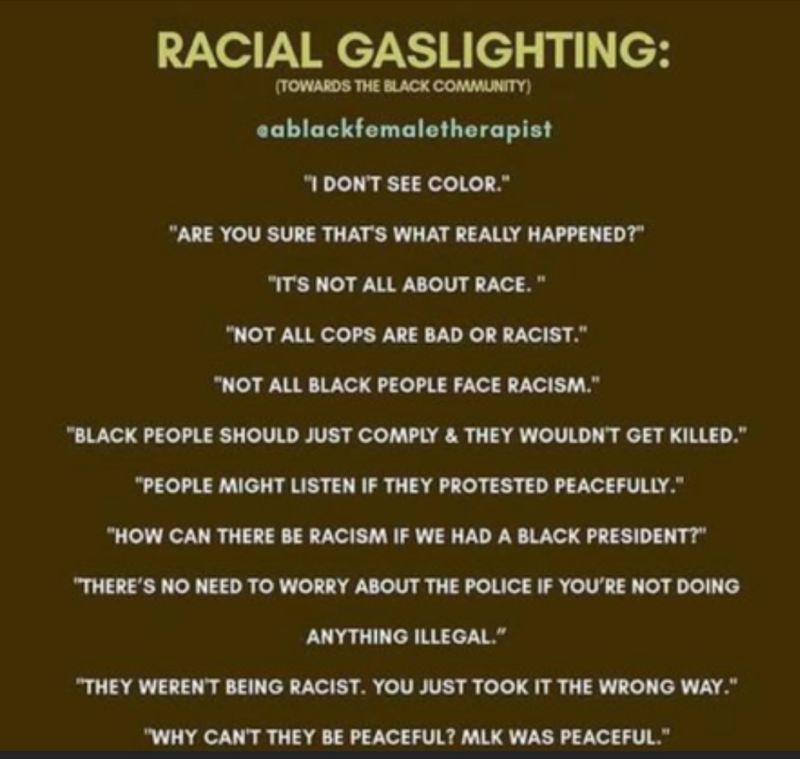Killmonger, Beyonce, Museums, & Suicide: Four conversations I Still Want to Have about Black Panther
I keep finding myself in “Black Panther” conversations. Some I am pulled into. Some I begin, mostly in hopes that I will get the kind of dialogue for which I yearn. The conversations usually end in people being pro-Killmonger for very problematic reasons or for reasons they can’t quite articulate other than aligning with Killmonger’s anti-white supremacy and pro-blackness (although his “radicalism” is trauma-centered thus destructive to the very people he wants to protect… but I digress). Mind you, I am not a comic book fan. I am not well-versed in the Marvel cinematic universe, so my interest doesn’t lie in comparing the original story-line and character development with the film. Rather, I’m interested in a series of other questions that use the superhero universe and storytelling to ask questions about and draw connections between art, power, and identity.
1. Killmonger, the mask, and his paradoxical connection to his ancestors
When we meet Killmonger, he is admiring a mask in a British museum. Its design is inspired by a mask used in Igbo customs called Mgbedike (translated as “the time of the brave”) in southeastern Nigeria. Mgbedike masks are masculine and created to distinguish the wearer from women. (Killmonger’s interpretation of this distinction is evident in his interaction with Black women in the film). The masks represents bravery, fearlessness, aggression, and a connection to the spirit world. Arguably, Killmonger’s bravery is demonstrated in his skills as a fighter and his mission to save Black people from white supremacy using Wakanda’s resources. Mgbedike masks can also contain metaphors that serve as a harbinger of the potentially destructive power of disorder. This mask adds another layer of complexity to Killmonger.
Killmonger embodies the bravado and strength Mgbedike masks represent. Many of us within the African diaspora identify with Killmonger’s trauma, disconnection from place-centered identity, and battles with systemic oppression. Yet, his path to Black liberation requires the death of Black people – more specifically his girlfriend (who was helping to achieve his goal but was disposable), his cousin Shuri (fighting for her brother to regain the throne and not let the weapons leave Wakanda), a member of Dora Milaje, and the nameless black people identified on his body all in an effort to kill T’Challa (also his cousin). Black death at the hands of Black people for Black liberation is a paradox referencing the disorder the metaphors in Mgbedike masks warns us of. We can identify with Killmonger’s struggle, but to do so without critique does not serve us well.
2. Museums center white supremacy
Mary Carole McCauley of The Baltimore Sun writes, “In one five-minute sequence, ‘Black Panther’ raises issues central to the modern museum world, including cultural appropriation and repatriation, the racial composition of museum staffs, and lingering stereotypes regarding visitors of color.” (For more on this discussion check out “Why museum professionals need to talk about Black Panther.” )
From the work of Fred Wilson to #MuseumsAreNotNeutral conversations, these issues are not new. There continues to be a call for museums and collections to repatriate their artifacts to the countries of origin (many obtained by scrupulous means for financial gain). Killmonger challenges the British museum director regarding how the institution acquired the mask. This is his first challenge to white supremacist institutions.

We know that historically, part of Europeans’ and white Americans’ obsession with Africa are actually the objects that come from Africa or represent her descendants (Black collectibles, art, and artifacts). But that fascination and desire for cultural preservation doesn’t translate to protection of the people who create the objects or embody the culture the objects represent. Let us not forget when Nelson Mandela requested for the French government to repatriate Saartjie Baartman’s remains and Cuvier’s plaster cast from its display in a Paris museum to South Africa giving her a final resting place.

How can we use these continued repatriation efforts to draw attention to the identity politics in museums and recenter humans and not the objects that are suppose to represent them? What does it mean for diasporic Africans to fight for the repatriation of African artifacts when, for many of us, it is in within these white supremacist museums that we are able to access these elements of culture that we are tangentially connected to? In a small point of departure, how might we connect the repatriation of cultural artifacts to Black South Africans land acquisition demands ?
3. Igbo Landing, suicide, and Beyonce
“Bury me in the ocean with my ancestors that jumped from ships because they knew death was better than bondage.” Killmonger’s memorable line references how many Africans forced into the Trans-Atlantic slave trade chose suicide as a form of resistance. This agency over one’s body as their bodies are determined to be owned by someone else can be seen as less as self-destruction in response to victimhood and more of a practice re-instituting personal power. Killmonger’s lines reminds us of the power of Igbo Landing. Deemed fact by some and lore by others, Igbo Landing is known to be the place of the Igbo Mass Suicide of 1803. After a group of seventy-five Igbo people were placed on ships to be sold in the United States, they took control of the ship and killed their captors. It is believed that the Igbo people arrived at St. Simon’s Island near Georgia and walked together into the ocean singing and chanting ultimately committing suicide instead of submitting to chattel slavery.
After a group of seventy-five Igbo people were placed on ships to be sold in the United States, they took control of the ship and killed their captors. It is believed that the Igbo people arrived at St. Simon’s Island near Georgia and walked together into the ocean singing and chanting ultimately committing suicide instead of submitting to chattel slavery.
It should not be lost on us that our introduction to Killmonger is in connection to Igbo culture with the Mgbedike inspired mask he took from the museum and at his death he alludes to Igbo Landing.
What might it mean that Killmonger is connected to three different places and cultures yet not fully embracing or honoring any of them: 1) America, where he was born but experienced trauma from systemic oppression; 2) Wakanda, represents trauma by way of neglect; and 3) Igbo people of Nigeria who aides in his desire to recognize the sins of slavery and the resistance effort that demands recompense for it. How can we simultaneously use his tenuous embracing of cultures as a point of connection to Killmonger and a source of critique?
When Beyonce leads women into the ocean in the beginning of Love Drought is reminiscent of Igbo Landing. Or the imagery conjures a worshiping practice of Oshun, a Candomble deity of the Yoruba people of southwestern Nigeria practiced in Brazil.

Whether we are to be connected to the resistance of the Igbo people or we are to be reminded of the power of African goddesses, what does it mean to use these popular culture moments to create some semblance of re-connection to places and cultures we are not formally connected to? How can we use the drive of Killmonger to do as Beyonce says “you, you, you, you and me could move a mountain”? Can we make connections between the imagery and language that connects Killmonger and Beyonce to Nigeria? How might Oshun inform (or heal?) Killmonger’s detrimental relationship with Black women in the film?
4. Is it possible to have afro-futurism in the absence of white supremacy?
African diasporic hair styling rituals, dress, music, literature and religious practices are iterations of adapted customs from African ancestors and our response to Eurocentric systems and institutions that shape our lives.
Afro-futurism has the ability to not only remedy the absence of black bodies in the sci-fi genre, but also to imagine a world absent of white supremacy. Part of this genre is asking tough questions to black people about blackness: what it can and should mean and how it can or should regulate our interactions with one another and the rest of the world. Therefore, because the Trans-Atlantic slave trade largely fueled the African diaspora, can afro-futurism pose questions about what black people’s relationship is or should be to each other without centering whiteness? Although “Black Panther” had very few white characters, a response to whiteness still seems to loom: keeping Klaue’s lust of imperialism at bay, Killmonger’s fight against white supremacy, and T’Challa maintaining Wakanda’s ability to keep colonization and slavery contained. I wonder if we are able to have a genre focused on Black stories that do not respond to the dictates of whiteness — especially when the formation of the genre was formed due to the absence of blackness in white-centered fantasy and science fiction narratives?
What does it mean to be uprooted and placed somewhere that is not created for you, but you must carve out your existence by picking pieces of where you currently are and where you believe you are from and creating something new from that? There is a stitching of tangible things (quilts and symbols for underground railroad journeys) but also a psychical assemblage. Part of this mental reckoning is traumatic. Killmonger is the manifestation of wanting to reckon that trauma. “Black Panther” is asking Black people to think about what our job is to other Black people and how do we plan to implement those duties. How do we work out the logistics of unity while the histories and currently reiterations of imperialism, colonization and slavery continuously threaten our freedom? I don’t have the answers, but these are questions worth exploring.
















